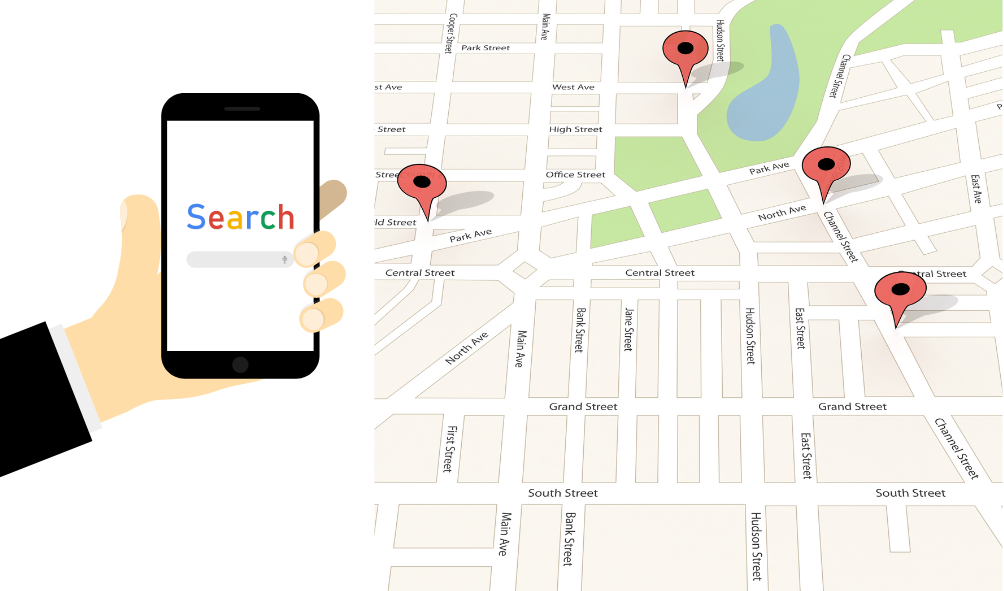You’ve heard that keywords are the key to search engine optimization (SEO) and that keyword research is essential if you want your website to rank higher in Google. But where do you start? Keyword research can seem overwhelming, especially if you’re new to SEO. Don’t worry, we’ve got you covered. In this guide, we’ll walk you through the basics of keyword research and show you how to find the best keywords to target for your website. By the end, you’ll be conducting keyword research like a pro and optimizing your content to rank at the top of the search results.
What is Keyword Research and Why is it Crucial for SEO?
Keyword research is the foundation of any good SEO strategy. It’s how you find the search terms people actually use to find your business or content online. By identifying the right keywords to target, you’ll drive more organic traffic through search engines like Google.
Why do keywords matter?
Keywords are the words or phrases people enter into search engines to find information on a topic. The more relevant traffic you can drive through keywords, the better your SEO will be. Some key reasons keyword research is so important:
- It helps determine high-volume, low-competition keywords. You want to find search terms that lots of people search for, but that, not too many other websites are optimized for.
- It ensures you’re creating content around terms people actually search for. No point in writing blog posts or optimizing pages for keywords no one uses!
- It allows you to optimize your page content, page titles, meta descriptions, image alt text, and page URLs for the keywords that will drive the most traffic.
- It gives you insight into search intent so you can better serve users. Do people search that term to learn something, buy a product, find company information, etc.?
- It helps you stay ahead of search trends so you can optimize for rising keywords. Some tools allow you to see fast-rising search terms.
In summary, keyword research is the process of discovering the most valuable keywords for your business so you can then optimize your SEO around them. By knowing the search terms people use, you’ll attract more visitors, increase traffic, and ultimately boost your search rankings.
How to Do Effective Keyword Research: Tips and Tools
To rank high in search engines, you need to do effective keyword research. Here are some tips and tools to help:
Use Free Keyword Research Tools
There are many free tools to help find popular keywords. Try Google’s Keyword Planner, Moz’s Keyword Explorer, or Ubersuggest. Enter a broad term and these tools will suggest related keywords, search volume, and difficulty. Look for keywords with high volume and low difficulty.
Do Competitor Analysis
See what keywords your competitors are ranking for. Use a tool like Ahrefs, SEMrush, or SpyFu to find keywords that send traffic to competitor sites. Then optimize your content to rank for those keywords.
Include Long-Tail Keywords
Don’t just target single keywords. Aim for long-tail keywords – phrases of 3 to 5 words – as well. They are less competitive but still drive traffic. For example, instead of just ” Keyword research”, also target “step-by-step keyword research” or “beginner’s guide to keyword research”.
Use Keyword Variations
Include synonyms, plural/singular forms, and related phrases. For example, use “keyword research” as well as “keyword analysis”, “keyword generation” or “finding keywords”. This helps you rank for a wider range of searches.
Place Keywords Strategically
Use keywords in your page title, URL, headers, and content. Mention the keyword 3-5 times in the first 100 words, and 1-2 times in each following 100-word block. Don’t overoptimize, as this can hurt your ranking. Place keywords naturally in your content.
With the right tools and techniques, you’ll be finding valuable keywords to help your content rank high in search results. Now get out there and do some effective keyword research!
Optimizing Your Content With Keyword Research Data
Keyword research helps you optimize your content for search engines like Google. By analyzing search trends and volumes, you can determine which keywords and phrases to target in your content.
Choosing the Right Keywords
Focus on keywords that are:
- Relevant to your content topic and audience
- Frequently searched (at least 500-1,000 searches per month)
- Have low competition (easier to rank for)
A good tool for researching keywords is Google’s Keyword Planner. Enter some keywords related to your topic and it will suggest many more, along with search volume and competition data.
Once you’ve selected 5-10 good keywords, use them in your:
- Page titles and URLs
- Headings (H2 and H3 tags)
- First 100 words of content
- Image file names and alt text
- Meta description (the snippet under the page title in search results)
Using Synonyms and Related Terms
Don’t just repeat the exact keywords over and over. Include synonyms, plural/singular forms, and related phrases as well. For example, if your keyword is “content marketing”, also use:
- Content marketing strategy
- Content strategic plan
- Content campaign
- Content promotion
- Content distribution
Using these related terms helps search engines better understand your content topic and can improve your rankings.
Tracking Your Rankings and Optimizing
Check where your content ranks for each target keyword in Google. If it’s not on the first page yet, you may need to:
- Improve page load speed
- Build more high-quality backlinks
- Increase engagement (shares, comments, time on page)
- Refine keyword usage and content
Keep optimizing and tracking your rankings over time. With consistent effort, you can improve your search visibility and traffic.
Conclusion
So there you have it, a quick crash course in keyword research for beginners. While it may seem complicated, keyword research is the foundation for any successful SEO campaign. Take the time to do it right, choose keywords that you’re genuinely interested in, and optimize your content around them. Your readers and search rankings will thank you. Remember, start broad then narrow down, look for search volume and difficulty, organize into themes, and keep testing and improving. The more you practice, the easier it will get. Now get out there and start optimizing your content – you’ve got this! With the right keywords and optimized content, you’ll be ranking in no time.
Looking for a reliable digital marketing agency? Pop Creative is one of the most trusted digital marketing agencies in South Florida that drives results. Call 786-477-6760 or request a FREE quote today.






Recent Comments